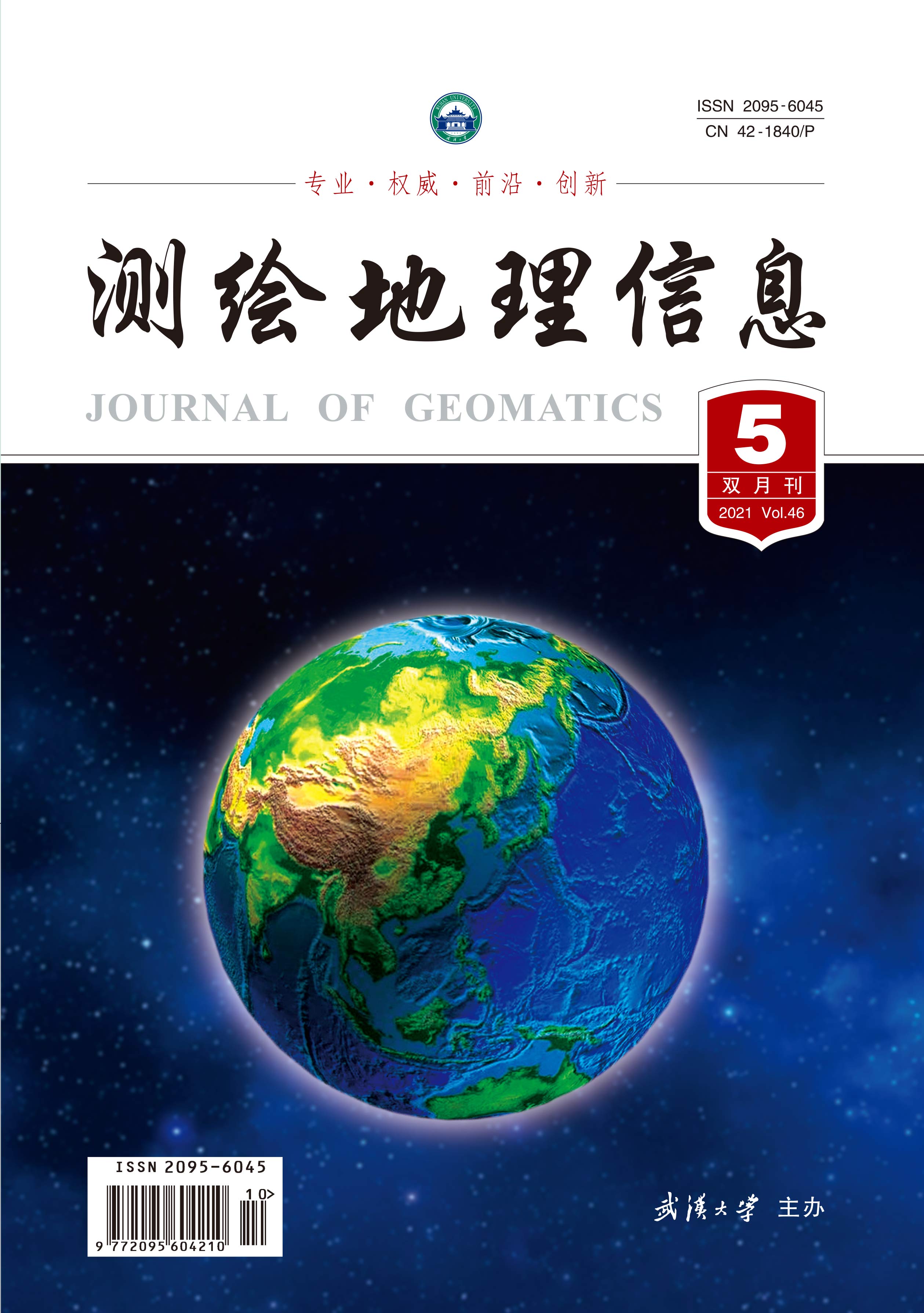Assessment of forest fragmentation in greater Gir landscape area, Gujarat using geospatial techniques
Q4 Computer Science
引用次数: 0
Abstract
Due to the negative consequences of climate change, the fragmentation of forest areas worldwide as a result of increased anthropogenic pressure has become a source of concern. The objective of this research study was to evaluate forest fragmentation analysis around the Greater Gir Landscape, Gujarat. The Fragmentation assessment was performed based on Land-use & Land-cover (LULC) analysis using the Landsat 8 OLI images of 2015 and 2019 as primary datasets for the study. Geographic Information System (GIS) techniques were employed for LULC mapping with seven classes showing increment in the agriculture and vegetation patches with the year 2019 in compare to year 2015 due to accumulative rainfall pattern. The Spatial Metric was performed with the use of FRAGSTATS software, where Landscape Metrics were quantified using Class level, Landscape level and Moving Window Analysis. The trend observed in all the metrics calculated indicates increasing of continuity in Greater Gir Landscape. The forest has not undergone severe degradation but a rise in the natural classes like agriculture, vegetation patches, and waterbodies has led to increase in the level of continuity which is leading to conversion of these land patches in homogeneity of the areas using geospatial techniques. These spatial metrics using FRAGSTATS helps in simplifying quantification of the complex spatial processes and can be used for generating a positive framework for forest conservation.利用地理空间技术评估古吉拉特邦大吉尔景观区森林破碎化
由于气候变化的消极后果,由于人为压力的增加,世界范围内森林地区的破碎化已成为一个令人关切的问题。本研究的目的是评估古吉拉特邦大吉尔景观周围的森林破碎化分析。碎片化评估基于土地利用和土地覆盖(LULC)分析,使用2015年和2019年Landsat 8 OLI图像作为研究的主要数据集。利用地理信息系统(GIS)技术绘制了7个类别的LULC地图,显示了由于累积降雨模式,2019年与2015年相比农业和植被斑块的增加。使用FRAGSTATS软件进行空间度量,其中景观度量使用类水平、景观水平和移动窗口分析进行量化。所有指标的变化趋势表明,大湖区景观的连续性在不断增强。森林没有经历严重的退化,但农业、植被斑块和水体等自然类别的增加导致了连续性水平的提高,从而导致使用地理空间技术将这些土地斑块转化为同质性的地区。使用FRAGSTATS的这些空间度量有助于简化复杂空间过程的量化,并可用于制定森林保护的积极框架。
本文章由计算机程序翻译,如有差异,请以英文原文为准。
求助全文
约1分钟内获得全文
求助全文
来源期刊

测绘地理信息
Earth and Planetary Sciences-Earth-Surface Processes
CiteScore
0.20
自引率
0.00%
发文量
4458
期刊介绍:
 求助内容:
求助内容: 应助结果提醒方式:
应助结果提醒方式:


